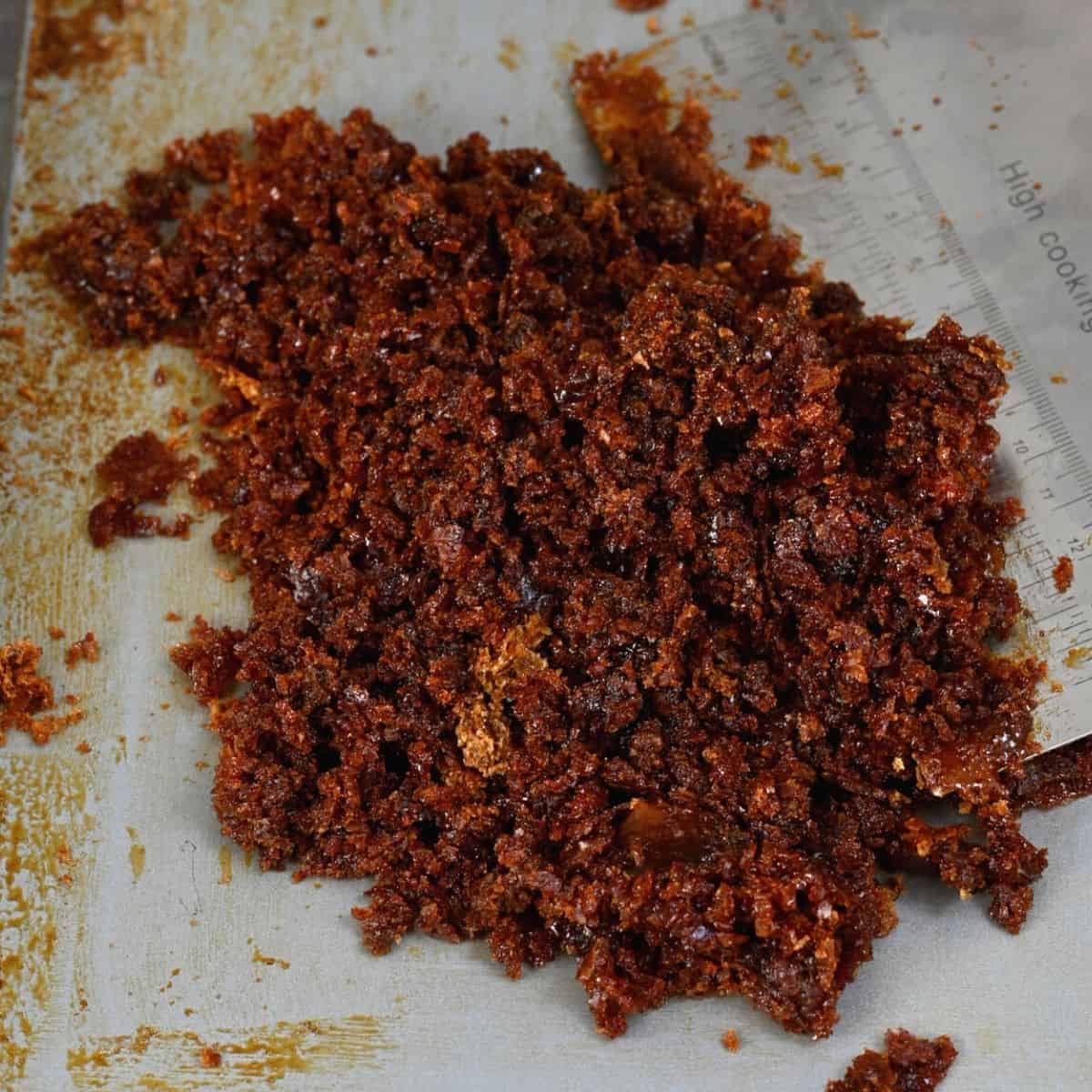Cane Sugar Processing Explained: What Takes Place Inside a Sugar Mill
Cane Sugar Processing Explained: What Takes Place Inside a Sugar Mill
Blog Article
A Comprehensive Summary of the Wellness and Economic Ramifications of Cane Sugar Handling on Regional Areas
Cane sugar handling plays a critical duty in forming the economic landscape of local areas, supplying work opportunities and boosting secondary markets. The health implications associated with high sugar intake can not be overlooked, as they add to climbing prices of obesity and diabetic issues.
Financial Benefits of Cane Sugar Handling
Walking cane sugar processing uses significant financial advantages that expand beyond the immediate farming sector. The growing and processing of sugarcane produce countless job chances, from farming to production and distribution. This employment generation not only sustains neighborhood economies yet additionally fosters area growth by giving secure revenue resources for households.
In addition, the sugar industry stimulates secondary organizations, including transportation, equipment supply, and product packaging solutions (Cane Sugar Processing). As these sectors grow, they add to a more robust economic framework, boosting general neighborhood durability. The export capacity of refined cane sugar further magnifies financial benefits, positioning regions as competitive gamers in international markets
Financial investment in modern-day handling centers can lead to boosted efficiency and efficiency, therefore lowering waste and optimizing source usage. This shift not only profits the neighborhood economic climate yet additionally sustains sustainability efforts by decreasing ecological impacts.
In addition, the income generated from walking stick sugar processing can be reinvested in regional infrastructure, education, and healthcare, advertising holistic area growth. In general, the economic benefits of walking cane sugar handling are complex, giving a structure for sustaining success in agricultural regions.
Health And Wellness Threats Associated With Sugar Intake
Too much sugar consumption poses significant health and wellness risks that warrant significant attention. High consumption of included sugars, specifically from refined drinks and foods, has been connected to various wellness issues.
Moreover, high sugar consumption is linked with cardiovascular condition. Elevated blood glucose levels can result in insulin resistance, a forerunner to different heart-related problems. In addition, sugar can have destructive results on oral health, leading to dental caries and periodontal illness, as bacteria in the mouth grow on sugar, producing acids that deteriorate tooth enamel.
Additionally, emerging research study suggests a possible web link between high sugar usage and mental health problems, such as anxiety and anxiety. As communities grapple with these health threats, it becomes important to promote awareness and encourage healthier dietary selections. Resolving sugar intake is essential not only for specific health but also for the total wellness of neighborhood communities, stressing the demand for thorough public health strategies.
Environmental Effects of Sugar Production
Often ignored in conversations regarding sugar's effects is the substantial environmental impact of sugar manufacturing. The farming of sugarcane often demands considerable land usage, leading to deforestation, loss of biodiversity, and disturbance of regional communities. The conversion of woodlands and marshes right into sugar haciendas can lead to habitat damage, threatening countless varieties and changing ecological balance.
Additionally, sugar production is resource-intensive, consuming considerable quantities of water for irrigation. This can bring about deficiency of regional water resources, adversely impacting both farming methods and area access to clean water. Furthermore, using chemical plant foods and pesticides in sugarcane farming can add to dirt deterioration and water air pollution, as overflow from these chemicals gets in neighboring rivers and lakes, affecting marine life and human health and wellness.
The environmental impact encompasses the handling phase, where power intake and waste generation additional aggravate eco-friendly concerns. Air contamination from melting sugarcane fields, in addition to greenhouse gas emissions, add to climate modification. Therefore, the ecological effects of sugar production warrant significant consideration, prompting stakeholders to adopt even more lasting techniques to mitigate these negative impacts on neighborhood communities and areas.
Task Development and Community Development
The ecological challenges postured by sugar manufacturing are typically counteracted by its capacity for economic benefits, specifically in job development and community development. The walking stick sugar industry functions as a substantial source of work in numerous backwoods, offering tasks across different skill degrees, from farming labor to handling and distribution roles. This work not just sustains specific families however also adds to the total economic vitality of neighborhood communities.
In addition, the establishment of sugar processing centers stimulates supplementary services, such as transportation solutions, equipment supply, and maintenance companies. As these organizations thrive, they produce added tasks and boost neighborhood economies. The profits produced from the sugar industry also causes raised tax obligation earnings, which can be reinvested into social work such as healthcare, education and learning, and framework growth.
Furthermore, the sugar market often engages in neighborhood growth campaigns, such as sustaining regional schools and health and wellness programs, thereby boosting the top quality of life for residents. By fostering strong neighborhood ties and promoting economic growth, the walking stick sugar processing field plays an essential duty in uplifting local populaces, making it a view it now vital component of sustainable development techniques in sugar-producing regions.
Harmonizing Health And Wellness and Economic Growth
In browsing the intricacies of walking stick sugar handling, an essential obstacle depends on stabilizing health factors to consider with economic growth. The sugar sector significantly adds to regional economies by creating tasks, stimulating associated fields, and enhancing tax obligation earnings. However, the wellness effects related to extreme sugar consumption can bring about persistent diseases such as obesity, diabetes, and cardiovascular concerns, which can More Info problem public health systems and diminish workforce efficiency.

Furthermore, governing frameworks can play a critical role in leading market methods towards even more sustainable and health-conscious strategies. By promoting cooperation between federal government bodies, wellness organizations, and the sugar sector, communities can navigate the duality of wellness and financial growth, guaranteeing that the benefits of walking stick sugar processing are equitably shared while prioritizing public health.
Final Thought
To conclude, the handling of walking stick sugar presents both considerable financial benefits and notable health and wellness threats for regional neighborhoods. While it fosters work development and promotes regional advancement, the connected wellness problems, particularly relating to obesity and diabetic issues, necessitate a mindful harmonizing act. By advertising responsible intake and investing in community education and sustainable practices, it is feasible to make the most of financial benefits while reducing negative wellness effects, therefore making certain a much healthier future for local populations.
In addition, sugar can have harmful effects on oral wellness, resulting in dental caries and periodontal illness, as bacteria in the mouth flourish on sugar, creating acids that deteriorate tooth enamel.
Attending to sugar consumption is critical not just for private health but additionally for the total wellness of read here neighborhood neighborhoods, highlighting the demand for extensive public health and wellness methods.
Often overlooked in conversations about sugar's ramifications is the significant environmental influence of sugar production. The health and wellness implications associated with too much sugar consumption can lead to persistent diseases such as obesity, diabetes mellitus, and cardiovascular concerns, which can worry public wellness systems and lessen workforce productivity.

Report this page